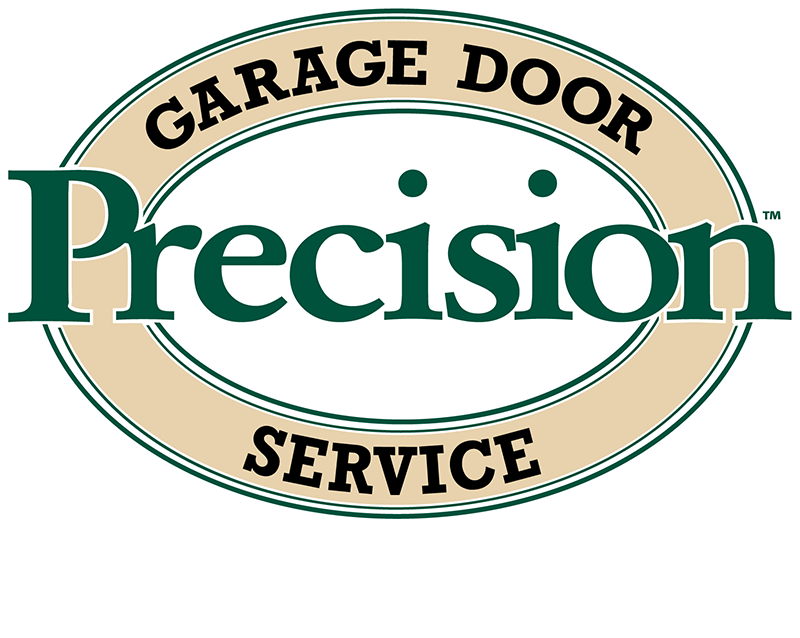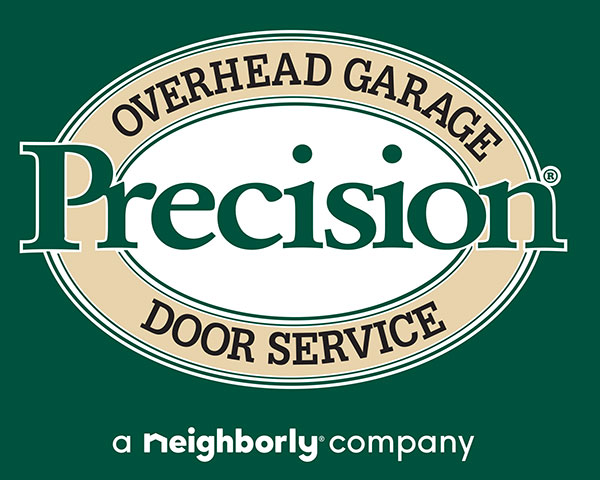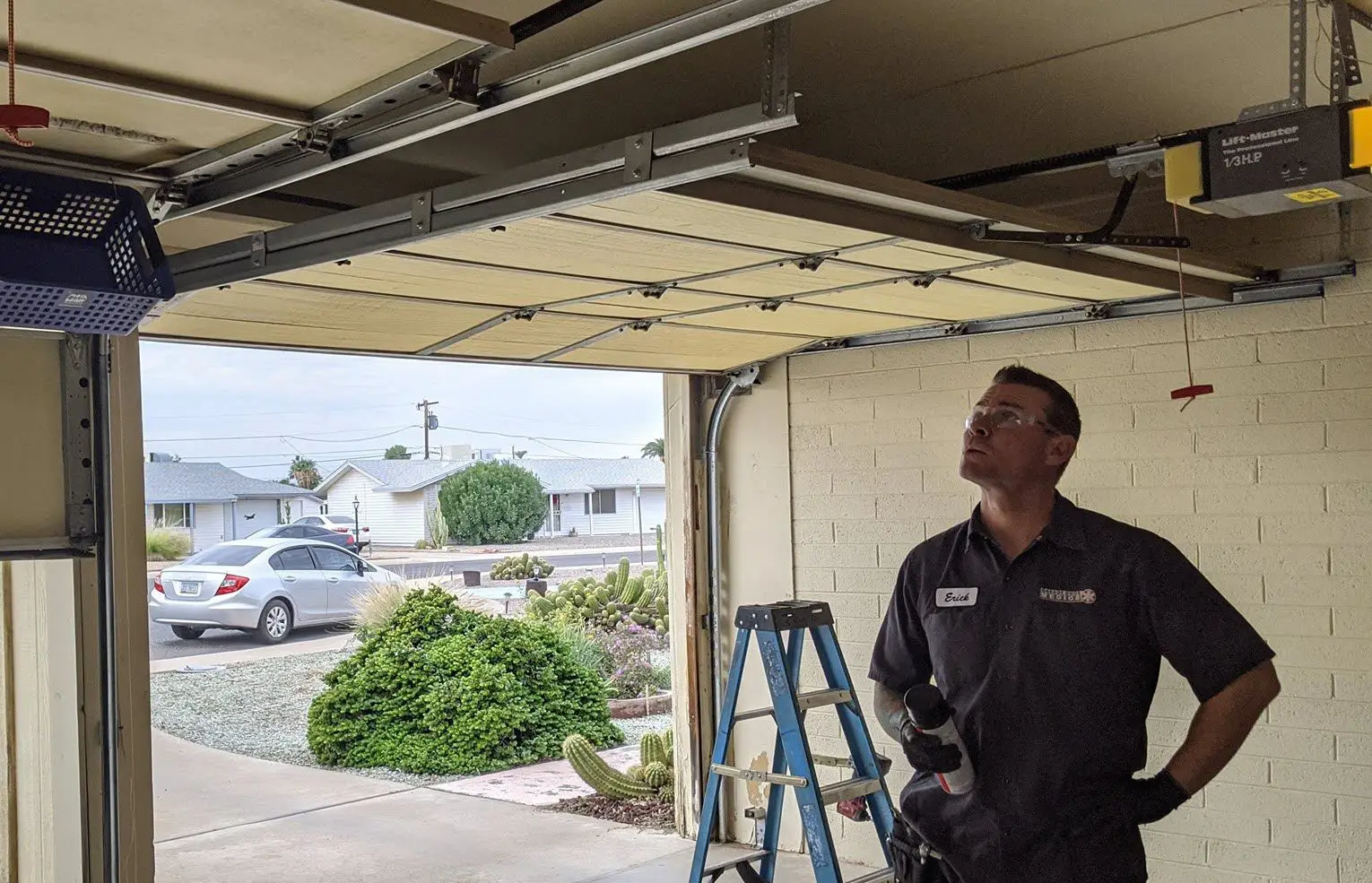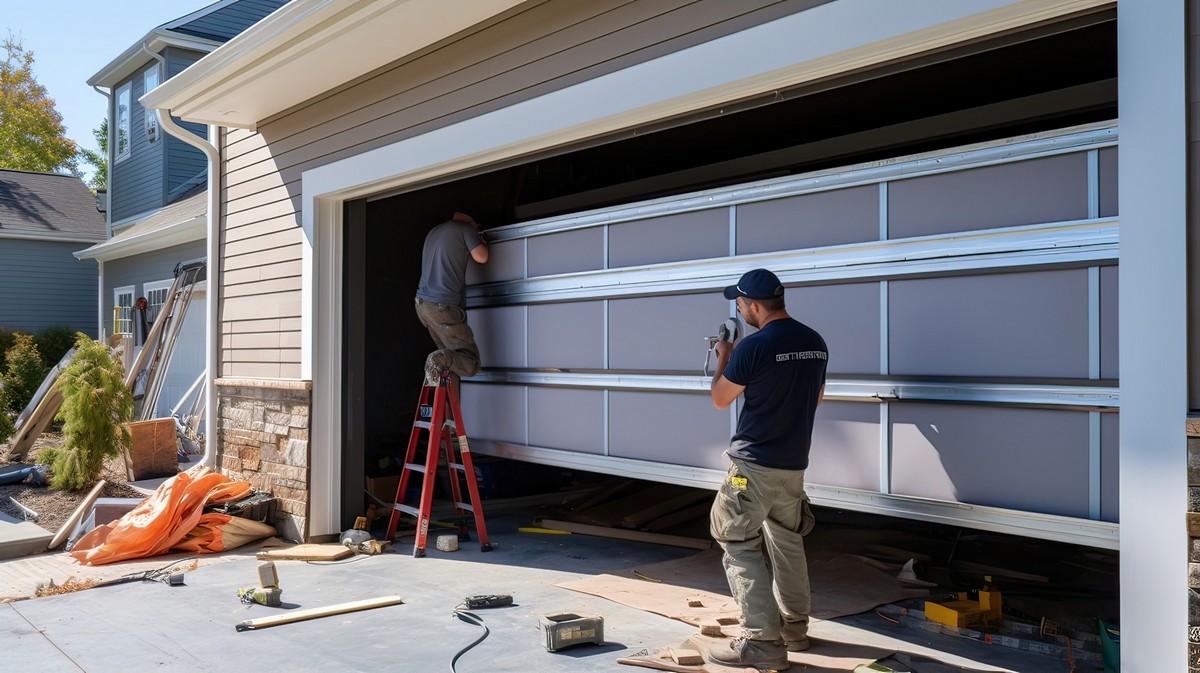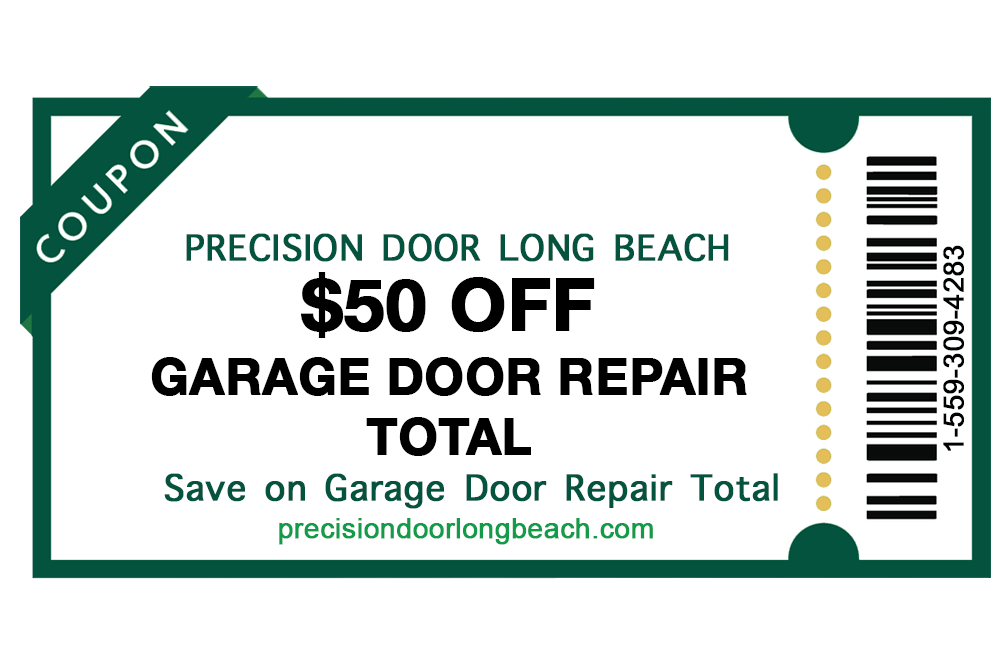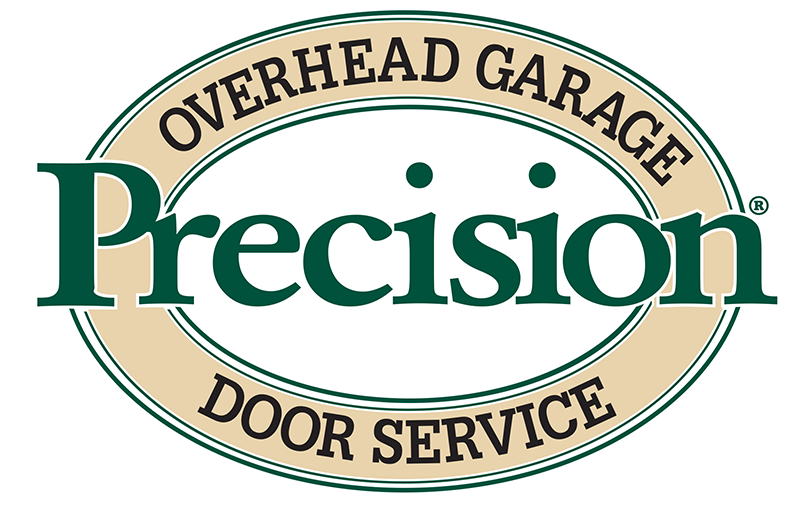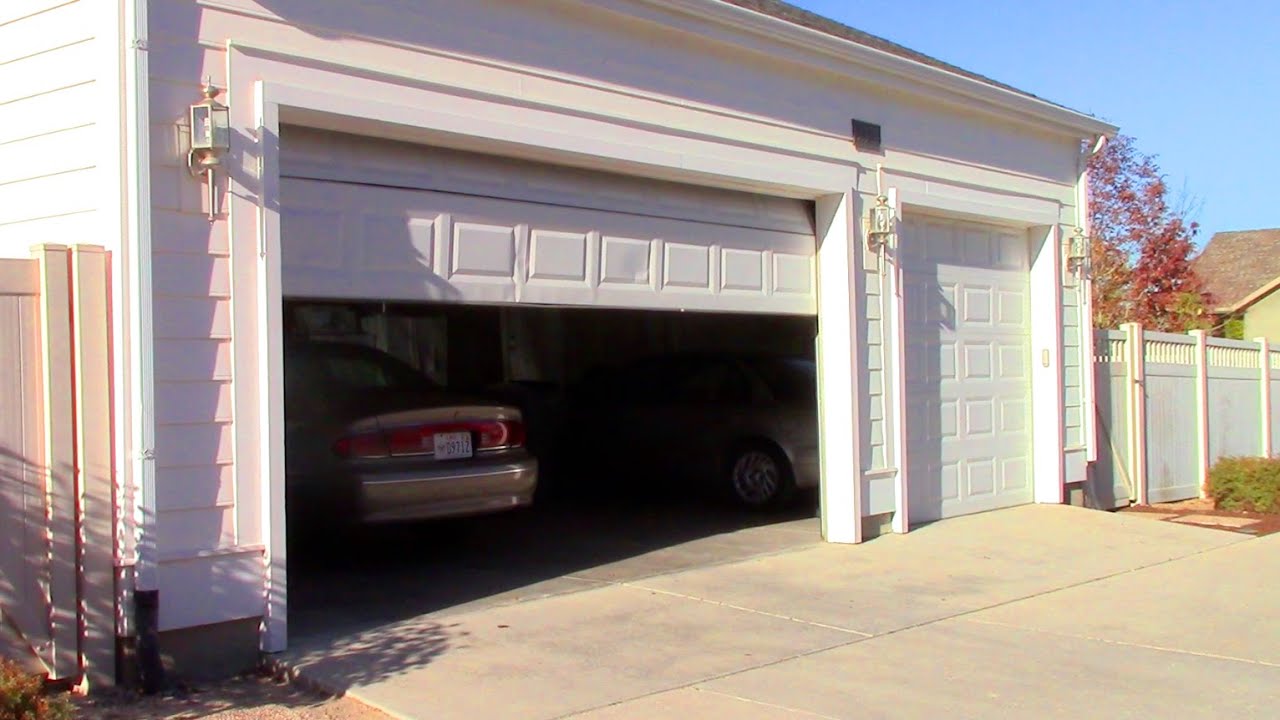
A garage door that refuses to close completely can create unexpected stress for homeowners. It leaves your belongings exposed, disrupts your routine, and increases security risks. This kind of issue is more than just an inconvenience. It often signals that one or more components in your garage system need attention.
The good news? Many of these problems are simple to identify. You do not need to be an expert to take the first few steps. Sometimes the fix is easier than expected, like moving an object from the path or adjusting your garage door sensors. However, understanding where to begin is key to solving the issue fast.
In this blog, we will walk you through the most common reasons a garage door will not close fully. You will learn what to check, how to fix it, and when it is time to call in the professionals. If you live in Long Beach or nearby areas, this guide will help you keep your door working safely and smoothly.
Understand the Basic Mechanics First
Every garage door depends on a delicate balance of moving parts. Your system includes torsion springs, metal tracks, rollers, cables, and a motorized opener. Even if one small part falls out of alignment, the entire door can stop midway through closing.
One common misconception is that only major problems can prevent the door from closing. In reality, even a leaf on the sensor or a rusty roller can cause trouble. The system is designed with safety in mind, so it will stop or reverse if anything seems off.
If your garage door suddenly will not close, begin with a full visual inspection. Look for any items in the way, and listen for unusual sounds. Doing this first can save you from guessing and wasting time. Staying proactive with garage door repairs also helps avoid more costly breakdowns in the future.
Common Causes When a Garage Door Refuses to Close
When your garage door stops halfway or bounces back up, one or more parts may be causing interference. Below are the most frequent causes and what you can do to check each one.
Sensor Misalignment
Most garage doors use infrared sensors mounted near the floor on each side. These sensors must face one another and stay clean to work correctly. If anything blocks the signal, the door will reverse for safety reasons.
To check the sensors, first clean them gently with a cloth. Then confirm both are aimed directly at each other. Most openers show a steady green light when the sensors are aligned. If the light blinks or remains off, adjustment is likely needed. This is one of the easiest fixes and often solves the issue instantly.
Obstructed Tracks or Rollers
The metal tracks that guide the garage door can collect dirt, twigs, or small rocks. These obstructions can prevent the rollers from gliding smoothly. Even if nothing is in the way, the tracks might be bent or dented, especially after impact from a vehicle or heavy item.
Inspect both sides of the tracks. Clear any debris and check for uneven gaps or curves. You should also examine the rollers for wear. If they appear loose or rusted, it may be time to replace them. Visit our Rollers and Cables page to learn more about replacement and repair options.
Faulty Springs or Cables
Springs play a major role in garage door balance. A damaged spring or snapped cable throws the entire system off. When this happens, your door may lower unevenly or stop altogether.
You should never try to fix a garage door spring yourself. The tension they carry can cause injury. If the door seems heavier than usual or one side drops faster, call our Broken Springs team for help. Fast attention can prevent further damage and restore safe operation.
Electrical and Opener Issues to Consider
When mechanical parts are not the problem, the issue could lie with your opener or electrical system. These faults may not be obvious at first, but they play a big role in how the door responds.
Opener Settings May Be Off
Garage door openers come with limit switches. These settings control how far the door travels before stopping. If the close limit is not calibrated properly, the system might think the door has hit the ground too early. This triggers a reverse command.
Adjusting the close-limit setting on your opener is a simple fix. You may find the control on the side or back of the unit. If you need guidance, consult the manual or contact our Garage Door Openers specialists for expert support.
Power Interruptions or Remote Failure
If your garage door works with the wall switch but not with the remote, check the battery. If that does not help, interference from nearby wireless devices may be the cause. Resetting your opener and checking the fuse box can also resolve these power-related problems.
In some cases, a power surge or wiring issue damages the opener’s internal board. If you suspect this, do not wait. Contact a professional for inspection and repair to avoid further damage.
A Failing Motor Needs Attention
A motor that is older or overworked may not close the door completely. You might notice it slows down, hesitates, or makes strange sounds. In these cases, it might be time to consider a full system upgrade.
If your current setup is more than 10 years old, upgrading your garage door can improve safety and efficiency. Modern openers include battery backups, motion lighting, and Wi-Fi features that offer added peace of mind.
Why Long Beach Homeowners Trust Precision
Precision Door of Long Beach has been serving coastal homeowners for years. We understand how moisture, salt air, and shifting temperatures affect garage door systems. That is why we tailor our services to fit the unique needs of our local climate.
Our certified technicians bring professionalism and experience to every job. We handle everything from off-track doors to noisy rollers with care and precision. We also provide same-day service and 24/7 emergency repairs because garage issues do not follow a schedule.
When you call us, you get more than a fix. You get honest advice, quality parts, and long-term peace of mind. Our team will check every moving part and offer solutions designed to last. Explore our wide selection of parts and accessories to keep your system running smoothly all year.
Let Us Help You Get Back on Track
A garage door that stops short is more than a nuisance. It is a sign that something in your system needs attention. Whether it is a blocked sensor, worn cable, or failing motor, we are here to help you get back to normal quickly.
At Precision Door of Long Beach, we take every call seriously. We know that a working garage door means security, comfort, and convenience. That is why we offer fast, reliable service backed by experience and training. We will inspect your system thoroughly and explain every option clearly.
Contact us today and let us bring your garage door back to full function. Your safety and satisfaction are always our top priorities.
